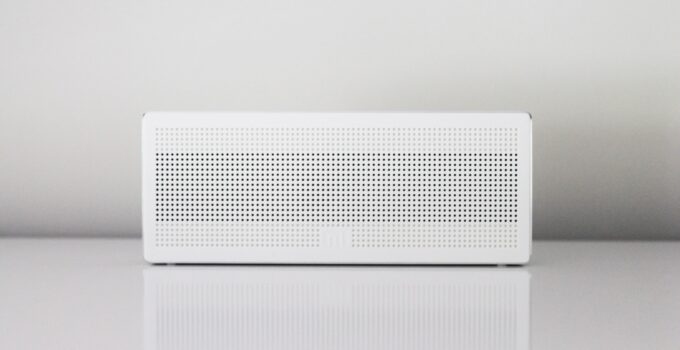Ah, summer! The season for lazy days at the beach, fruit coolers by the pool, and beautiful tans.
Sadly though, it is also the season for unbearable heat and long humid days!
Thanks to the advent of air conditioners (and now smart air conditioner controllers!), we can put these problems behind us.
But what do you do if your AC unit breaks down at the height of summer? Has your air conditioner reached the end of its lifetime? What even is the average lifespan of your AC? Could you have predicted this? Can you prevent this from happening?
Let’s get into these questions one by one.
Page Contents
What Is the Average Lifespan, And What Affects It?
While many factors impact the longevity of your AC unit, on average, these should last you anywhere between 10 to 15 years. However, according to Cielo, you could extend this estimated lifespan with regular maintenance and proper usage.
What Are the Factors That Can Shorten Your Air Conditioner’s Life?
AC replacements can be pretty costly. However, you can soften this blow by being mentally (and hopefully financially) prepared for it. Knowing how long your AC will last can help you determine how soon you should plan a replacement.
While there is no way to be sure, knowing the factors that can lower your unit’s life expectancy can be a helpful start.
1. The Size of Your Unit
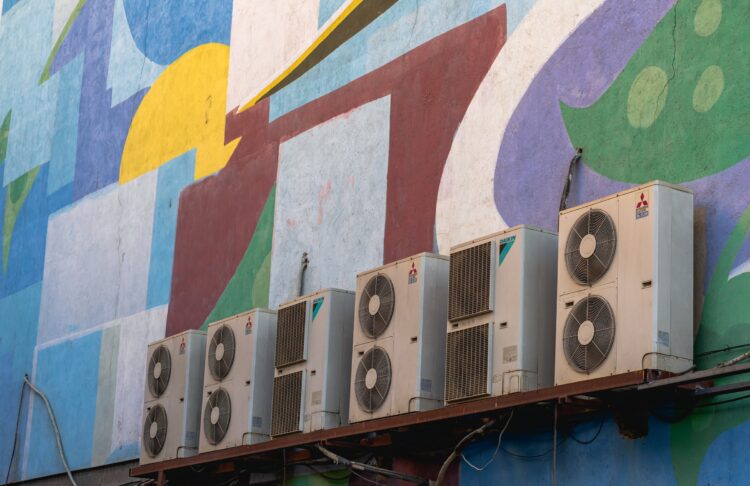
img source: unsplash.com
Contrary to popular belief, bigger isn’t always better. When it comes to AC sizing, you need to make sure you’ve got the perfect fit. An undersized AC will struggle to cool your space, thus wearing itself out faster due to strain. On the other hand, a unit that’s too big for your room will cool down your home quicker, but it will short cycle and fail to dehumidify your surroundings.
So, a bigger AC unit not only consumes more energy than needed, but it also wears out sooner because it starts up and shuts down too rapidly. Therefore, the right size for an air conditioner is very crucial to its proper functionality.
2. Inferior Quality or Improper Installation
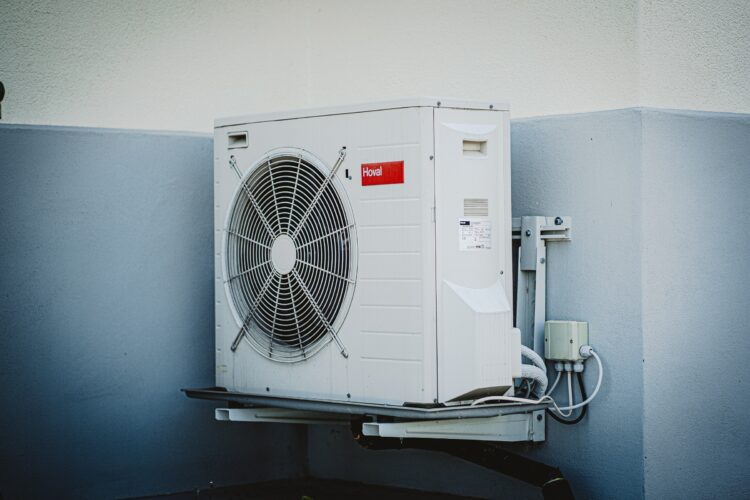
img source: unsplash.com
Although it’s common knowledge that a better-quality air conditioner will last longer, not many people realize that a good AC, if installed poorly, will not be as efficient.
Signs of improper AC installation include excess leakages, low airflow, or a low refrigerant charge. There might also be other technical mistakes, such as a missing secondary drip pan or an improperly placed thermostat. All these issues will result in lower efficiency of your air conditioner and early wearing out.
3. Location of Your AC Unit
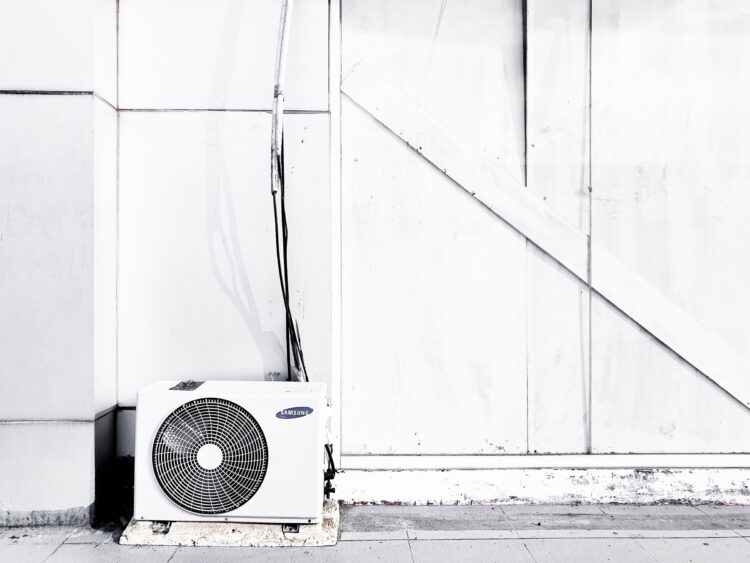
img source: unsplash.com
Location plays a significant role in determining how long your air conditioning unit will last.
For example, your air conditioner’s outdoor unit is prone to weather damage. Debris and other contaminants in the air may clog its drainage, thus making your AC work harder and wearing out faster. Exposure to saltwater might also result in a shorter lifespan.
4. Lack of Maintenance
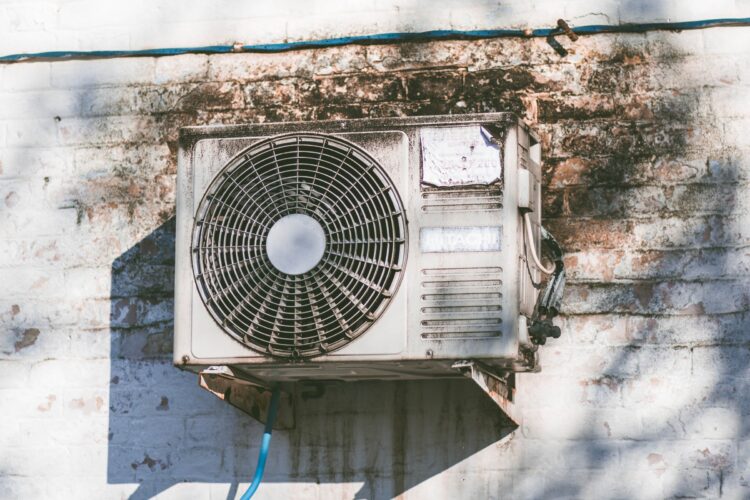
img source: unsplash.com
Preventative measures and maintenance are the best way to keep your air conditioner running smoothly for a long time. Regular maintenance includes tune-ups and keeping your air filters clean.
If you have a smart AC controller such as the Cielo Breez Plus for a ductless or smart thermostat for a central unit, you’ll be notified to check them when it’s time to clean your air filters.
There are also several other maintenance issues that, if left unresolved, can lead to a shorter lifespan for your air conditioner. Some of the more common ones that you might face are
- Refrigerant Leaks
This issue has two significant downsides. The first is that it’s terrible for the environment. The second is that it lowers the cooling ability of your AC unit. Consequently, your air conditioner’s compressor will try to pick up the slack, overworking itself and wearing out sooner than expected. In addition to this, refrigerant leaks are also concerning because the chemical might be impossible to replace. For example, if your AC uses the R-22 Freon refrigerant and leaks out, you won’t find it and would need a new AC.
- Faulty Thermostat
Thermostats are crucial for your air conditioner to maintain a perfect temperature. A faulty thermostat will impact your AC’s ability to measure temperature properly. Not only will it not cool effectively, but it might also start to short-cycle. Rapidly switching on and off is terrible for your AC’s health, and you’ll end up having to replace your unit sooner than you’d thought.
- Clogged Air Ducts
If you have a central air conditioning system, you will likely end up with dust and other debris obstructing the airflow in your AC ducts. Keeping your ducts clean not only prevents the spread of allergens in your home but also significantly lowers the amount of strain on your AC.
- Damaged Electrical Components
Your air conditioner has a lot of electrical components. Some of these parts, such as the capacitors, may break down and need a replacement. While this is unlikely to be an expensive repair on its own, it will eventually damage other more costly parts or even your AC itself if left unrepaired.
- Frozen Evaporator Coils
Dirty air filters and ductwork will block airflow and cause the AC coils to get too cold. Using your AC while its coils are frozen puts unnecessary strain on the whole system. Again, this is not an issue that would otherwise kill your air conditioning unit. But if you continue to use it in this state, it would drastically increase the chances of your air conditioner failing prematurely.
How to Extend You AC’s Lifespan
Now, on to the real question that you came here for, “How can you extend the lifespan of your AC?”
Well, it’s simple! Don’t do the things mentioned above and instead, do the things below:
1. Schedule Annual Maintenance
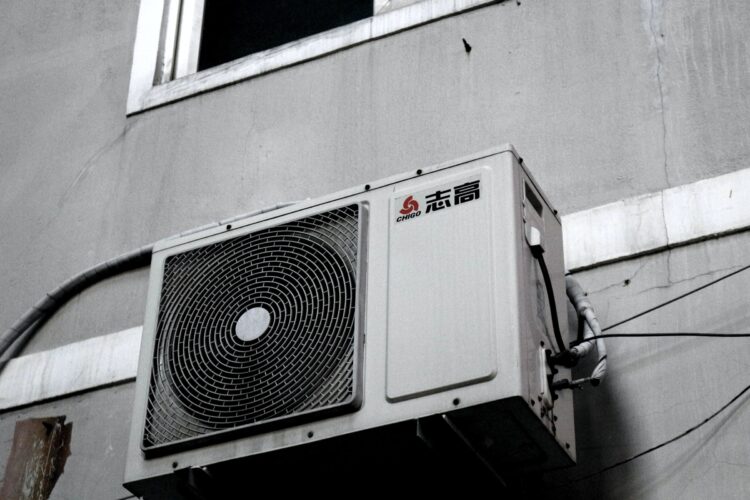
img source: unsplash.com
If you want your AC to last you a long time, you’re going to need to show it more love and care. Get your air conditioner professionally tuned so that you can detect more minor issues and solve them before they cost you big bucks.
2. Work With a Qualified Contractor
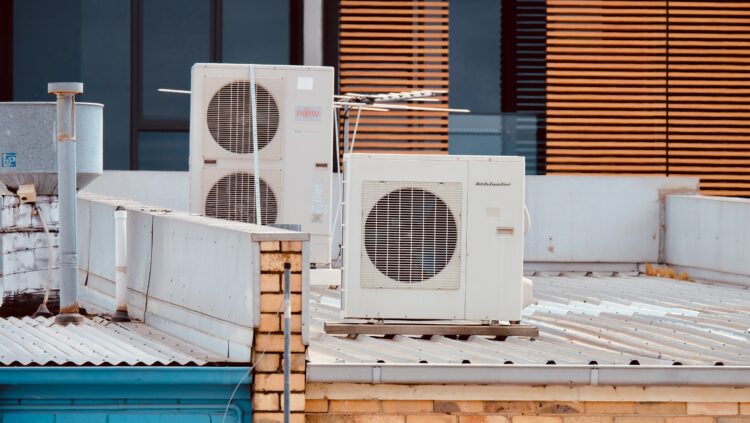
img source: unsplash.com
A professional who knows their job might cost you slightly more, but you can be sure they’ll get the job done right.
3. Change Your Air Filter
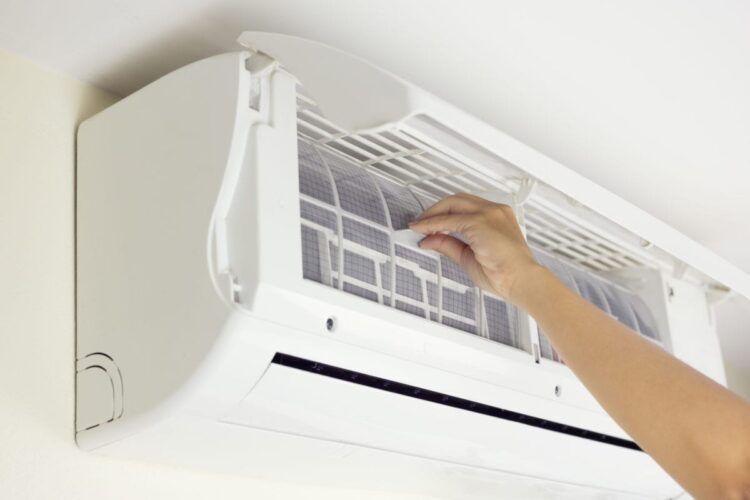
img source: discountfilters.com
Air filters aren’t meant to last forever. Having a dirty air filter can lower the air quality in your house, which is terrible for your health. So, clean them often and replace them at least every four months to keep your AC in good shape.
4. Fix Airflow Problems
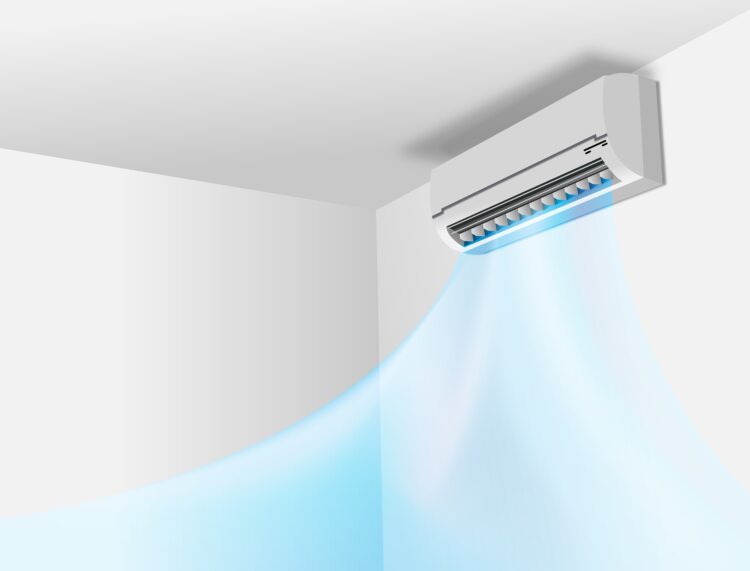
img source: aztilac.com
Your AC unit will need ample space around its outdoor unit to work at maximum efficiency. So, if you’ve invested in a decorative bush cover, chuck it out the window. Let your AC breathe!
What You’ve Learned So Far?
All AC units come with an expiration date. Several factors such as location, size, and quality can determine how long your air conditioner will last. However, with proper care and maintenance, you can significantly extend its lifespan. Some essential tips for doing that are doing more regular tune-ups, maintaining your air filter, allowing for enough room around your AC, and only getting it tuned by professionals.

